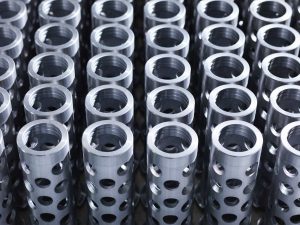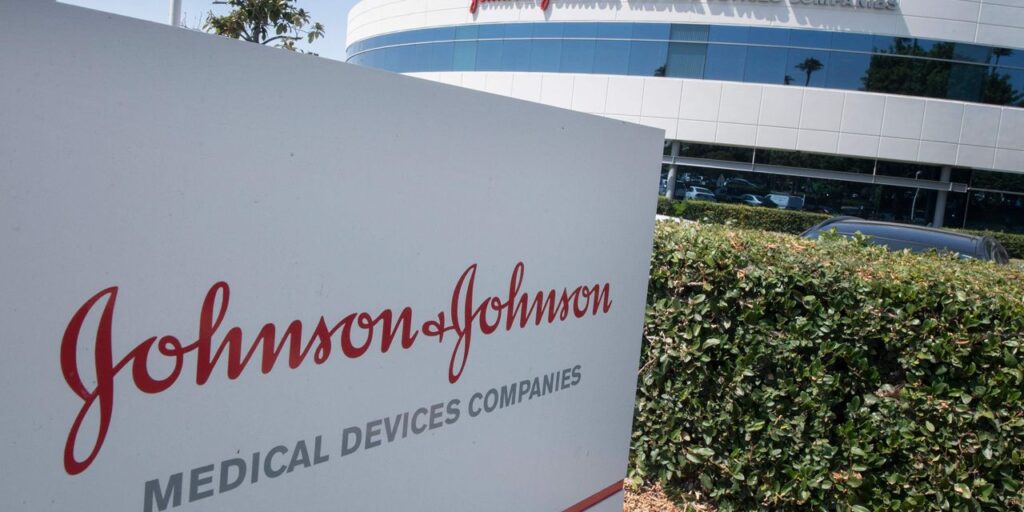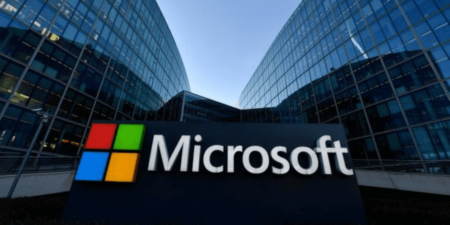Johnson & Johnson on Tuesday posted better-than-expected third-quarter earnings and raised its profit guidance while downplaying concerns about how popular obesity drugs could affect its med-tech business.
The New Brunswick, N.J.-based company posted net income of $4.309 billion, or $1.69 a share, for the quarter, after earnings of $4.31 billion, or $1.62 a share, in the year-earlier period. Adjusted per-share earnings came to $2.66, ahead of the $2.52 FactSet consensus.
Sales rose 6.8% to $21.351 billion from $19.996 billion a year ago, also ahead of the $21.036 billion FactSet consensus.
The quarterly results are the company’s first since spinning off its consumer-health business earlier this year into a separate company called Kenvue
KVUE,
Kenvue includes a host of household brands, including Tylenol, Listerine, Band-Aid, Neutrogena and Nicorette.
Johnson & Johnson reported that its innovative-medicine segment’s sales rose 5.1% from the year-earlier period, to $13.893 billion. The growth was driven in part by cancer drugs Darzalex and Carvykti as well as psoriasis treatment Stelara, which was one of the 10 drugs selected in late August for the first round of Medicare drug-price negotiations under the Inflation Reduction Act.
In the coming days, Johnson & Johnson is set to release some pipeline news that could be a key catalyst for the stock, analysts say. It will present data on its cancer treatment Rybrevant in combination with its investigational drug lazertinib in non-small-cell lung cancer at the European Society for Medical Oncology conference this weekend.
Johnson & Johnson reported third-quarter med-tech sales of $7.458 billion, up 10% from the year-earlier period. Procedure volumes in 2024 are expected to be on par with elevated 2023 levels, Chief Financial Officer Joseph Wolk said on the call Tuesday.
Executives on the call sought to tamp down concerns that popular GLP-1 drugs such as Wegovy and Ozempic could weigh on the growth of the business, which makes devices for bariatric surgery and other procedures that could be affected by use of the drugs. “We’re seeing some impact in our bariatric business” from the drugs, CEO Joaquin Duato said on the call. “Some patients are reconsidering surgery, expecting to get treatment.” But overall, he said, surgeons believe the popularity of the drugs and increased awareness of obesity could become a tailwind for bariatric surgery. And about 30% of patients won’t be able to tolerate the drugs, he said, “so they would be another funnel for our bariatric business.”
J&J raised the midpoint of its full-year sales guidance and now expects sales to range from $83.6 billion to $84 billion, up from August guidance of $82.3 billion to $84 billion.
It expects full-year EPS to range from $10.02 to $10.08, compared with prior guidance of $9.90 to $10. The company expects adjusted EPS to range from $10.07 to $10.13, compared with prior guidance of $10 to $10.10.
Litigation over talc-powder products continues to hang over the company, which has faced thousands of lawsuits from consumers alleging they developed cancer after using the products. Johnson & Johnson said in July that its LTL Management LLC subsidiary would appeal a New Jersey bankruptcy court’s dismissal of LTL’s attempt to resolve talc claims through bankruptcy. The company ultimately expects to appeal to the U.S. Supreme Court, Erik Haas, vice president of litigation, said on the call Tuesday, while it continues to “defend the meritless talc claims” in court.
Johnson & Johnson’s stock
JNJ,
fell 1% Tuesday morning and is down 11.8% in the year to date, while the S&P 500
SPX
has gained 13.7%.
Of the 18 analysts tracked by FactSet who cover J&J shares, 10 have a buy rating, seven have a hold rating and one has an underweight, or sell, rating.
Read the full article here













